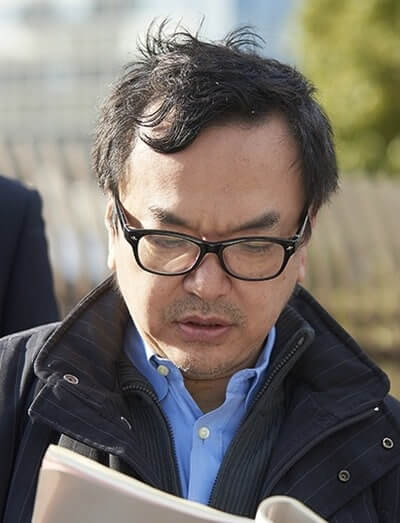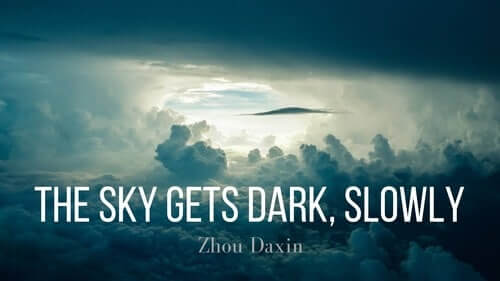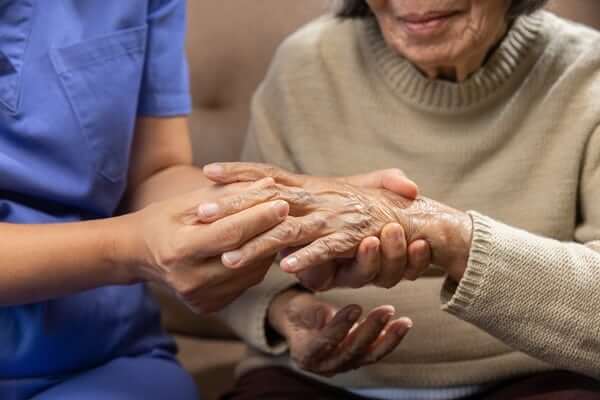My father turned 100 last month, and as the family gathered to mark this momentous event, it was tinged with a little sadness as well. He was going great – quite technologically savvy, never letting go of his mobile phone, checking his iPad for news before the morning papers arrived, following his favourite IPL team on the TV… until he fell and broke his left hip a few days short of his 99th birthday. The surgery went great, and much to the family’s relief, he was walking again in a few days, albeit with the help of a walker. However, he was never the same person again: the fall, the injury and the surgery had triggered the onset of dementia and he was no more the dear father, grandfather and uncle that he had once been to scores of people in the extended family.
It is in this context that I chanced upon a book by the Japanese psychiatrist Hideki Wada, called ‘The 80 Year Wall’ (2024). It is a book about growing old and how to live to 100 in reasonably good health, especially the years between the “average healthy life expectancy” – the age at which one is physically and mentally independent and healthy (73 for men and 75 for women) and “average life expectancy” which is 82 for men and 88 for women. Subtract ‘healthy life expectancy’ from ‘life expectancy’ and you get the time you will need to be cared for by others: 9 years for men and 12 years for women. How to minimise or reduce this period of dependence, is the focus of Wada’s book which tells the 80-year-old how to live to 100 in a reasonably healthy condition. He proffers some advice to those entering the watershed years: 44 pieces of advice to be precise! Some of these are: exercising, walking and doing outdoor activities, (no surprises there); learning to live with ailments such as cholesterol, diabetes, high blood pressure etc without over-medicating oneself; doing what we like and enjoy -doing happy things is most conducive to improving the activity of the brain. Never stop learning, says Wada, for you will age faster if you do. In addition, some of his more quirky advices are worth thinking about: one should not put up with unpleasantness or be overly patient: “There is nothing wrong with being a bad old man.”

The book is written with much humour and the thrust of Wada’s argument is that one should be happy and positive and keep learning.
Wada is from the University of Tokyo’s Faculty of Medicine, and has written more than 800 books based on insights from his clinical experience of treating thousands of elderly patients. This book, published in March this year, has already sold 500,000 copies, and gives important advice on how to live to 100.
I had read Zhou Daxin’s poignant book on ageing The Sky Gets Dark Slowly (published in Chinese in 2018) a couple of years earlier and it had moved me to tears. This book is from a slightly different perspective, but addresses the same challenges of ageing.
Zhou believes that most of us are least equipped to deal with the challenges of old age and warns us of that as we age:
* First, the circle of people we know will begin to shrink, and we should learn to live alone and embrace solitude.
* Second, society will care less and less about us no matter how important we had been once. We must learn to stand quietly in a corner.
*Third, we should prepare for a rocky road ahead punctuated by broken bones, cardio-vascular blockages, cancer, dementia. We will have to learn to live with them – however, like Wada, Zhou also believes that a positive mindset and adequate physical activity can help us ride it.
*Fourth, there may come a time when we will be confined to bed and cared for by strangers: lay still and don’t be difficult, says Zhou.
*Fifth, there will be numerous scammers and swindlers who would come after our money: beware and be careful, and hold your money close to you. A fool and his money are soon parted. Before the sky gets dark, the last stretches of life’s journey will gradually get dimmer and dimmer, and we might find it harder and harder to keep going forward. As such, it would do us all well to see life for what it is, to cherish what we have, to enjoy life whilst we can, stay humble; for as we get older, we should we be able to understand what respect is and what it counts for. While the book isn’t a direct manual on Golden advice on how to live to 100, it teaches us that we should learn to let go of our attachments and mentally prepare ourselves. The way of nature is the way of life; go with its flow, and live with equanimity.

As I ponder and mull over these sagacious works, I recall Drona’s prayer to Krishna that my father had taught us decades ago:
Anayasena maranam
Vina dainyena jeevanam
Dehi me krupaya Krishna
Tvayi bhaktim achanchalam
(An end that is peaceful, a life without hardships and unswerving devotion to you: This is all I ask of you, Krishna).
I think of my brother and sister-in-law with deep affection for putting their own lives on hold this past year to care for my father. Theirs is true love and sacrifice.
READ MORE: Ajay Bisaria’s Anger Management: On India-Pak diplomacy





